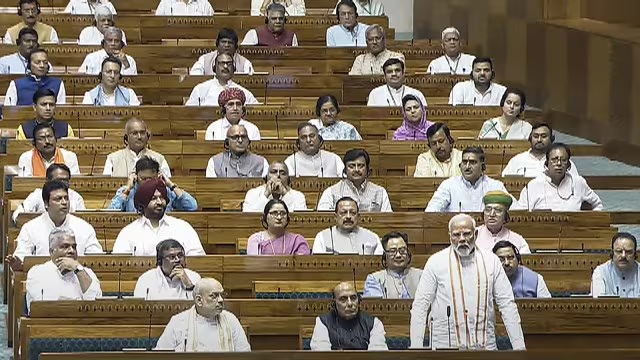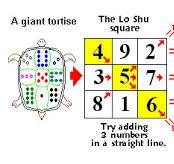New offences under Bharatiya Nyay Sanhita and some grey areas
Three criminal codes passed by Parliament in December last year will come into force on July 1, 2024. They bring many changes to India's antiquated criminal justice system, but some critics have expressed concern about some of the innovations.
Section 58 of the Bharatiya Saksha Adhiniyam now includes oral and written confessions and statements of persons who have examined documents and have experience in document investigation as secondary evidence.
The Indian Indian Evidence Act (BSA), which replaces the colonial-era Indian Evidence Act of 1872, came into force today along with the Indian Indian Evidence Act (BNS) and Indian Indian Evidence Standards (BNSS).
BNS and BNSS replace the Indian Penal Code and the Code of Criminal Procedure (CrPC).
Three new laws aim to reform the country's criminal justice system. It was approved by Parliament on December 21, 2023 and given assent by President Dhruvadhi Murmu on December 25. Let us understand the provisions of
Bharatiya Saksha Adhiniyam.
Electronic Devices: The new Bharatiya Saksha Adhiniyam allows the use of electronic and digital records in documents. These include scriptures, maps and cartoons under the Indian Evidence Act. The new law covers a wide range of digital records including text messages, emails, server logs, files stored on computers, laptops and smartphones, website content and location data.
Oral Evidence: According to the Indian Evidence Act, oral evidence includes statements made by witnesses in court in relation to the matter under investigation. In Bharatiya Saksha Adhiniyam, oral evidence is permitted to be submitted electronically. “Every statement, including a statement made electronically, which the Court admits or requires from a witness in relation to the matter under investigation, and such statement shall be deemed to be oral evidence.”
Secondary evidence: New Act, Section 58. The Act expands the scope of secondary evidence to include (i) oral and written confessions, and (ii) the testimony of persons who have examined documents and have expertise in document examination. As per the Act, secondary evidence may be required under various circumstances, such as when the original of the document is in the possession of the person to be proved or when the document has been destroyed. The BSB added that secondary evidence may be required when there is doubt as to the authenticity of the document itself.






